20 interesting facts about hurricanes (21 photos)
Hurricane - the strongest whirlwind, the speed of which can reach 252 km/h The violence of the elements can destroy almost everything in its path, but it is impossible to resist such a force of nature. Learn a few interesting facts about hurricanes. 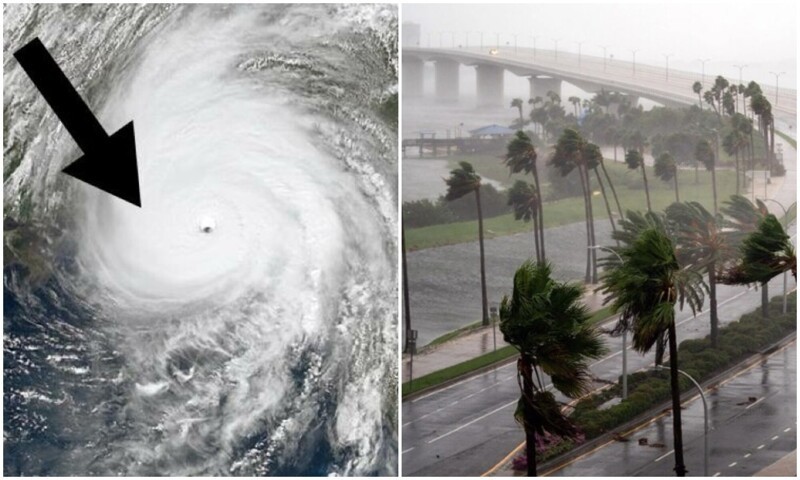
40% of the world's hurricanes are in the US state of Florida. It's all because of the location near the Caribbean Islands, which are "picked up" by the winds blowing from the west coast of Africa 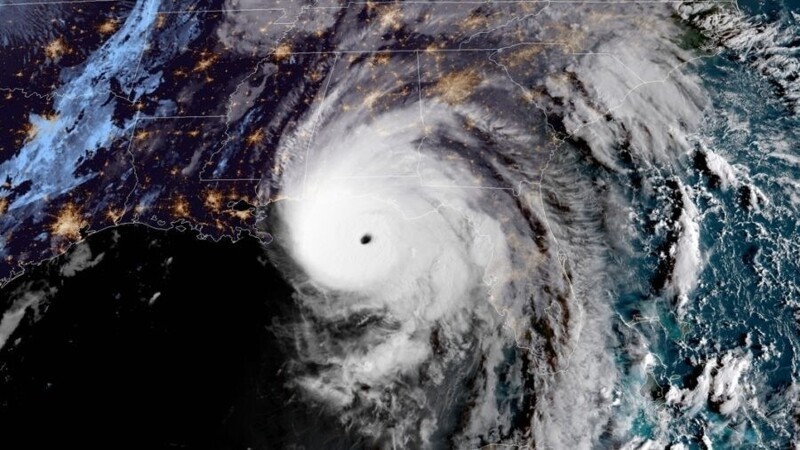
The wind is considered a hurricane when its speed exceeds 120 km/h. Up to this point, the wind is considered a tropical cyclone. 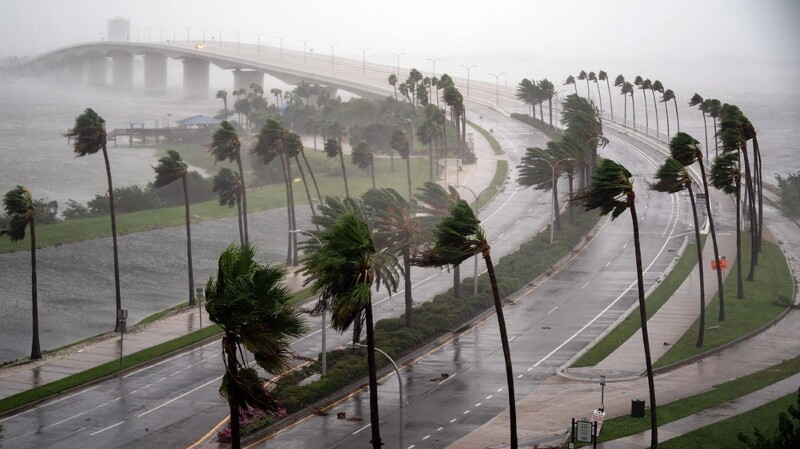
Giving names to hurricanes began only in 1953. Wherein until 1978, the National Weather Service gave hurricanes only female names. Then they connected the men's 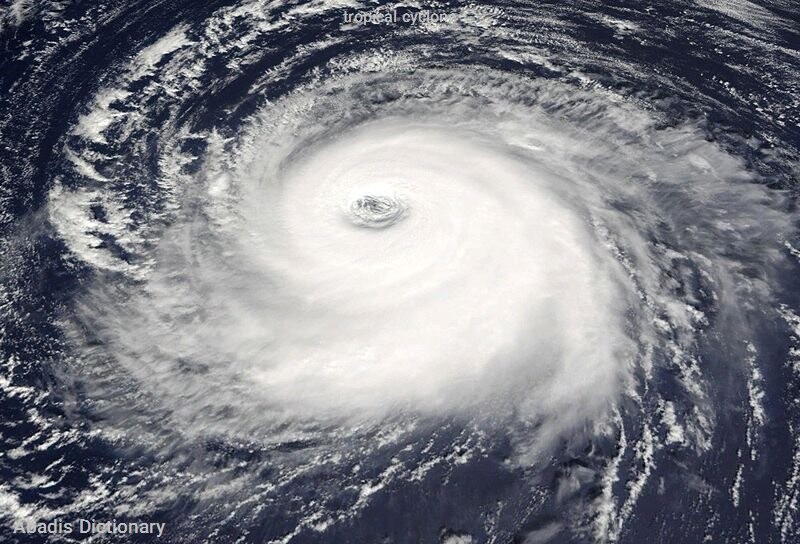
By the way, the World Meteorological Organization names hurricanes. There are six different name lists that change each year. AT each list - 26 names, one for each letter of the alphabet.
Looking at images of the hurricane during the forecast weather, a spiral is usually seen around its epicenter. This is long bands of thunderstorms with hurricane-force winds. Their length varies from 80 to 480 kilometers 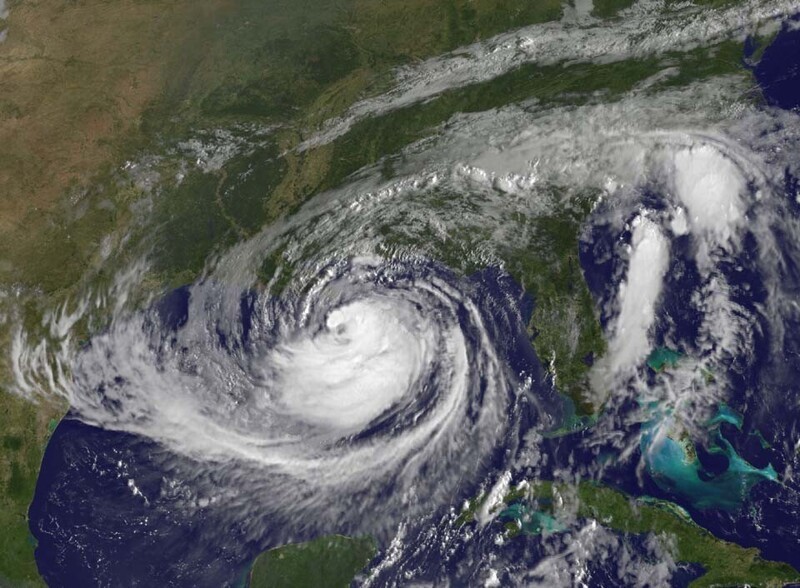
The right side of a hurricane always has the strongest winds thunderstorms and storm waves - that's why it is called "dirty" and "bad" side 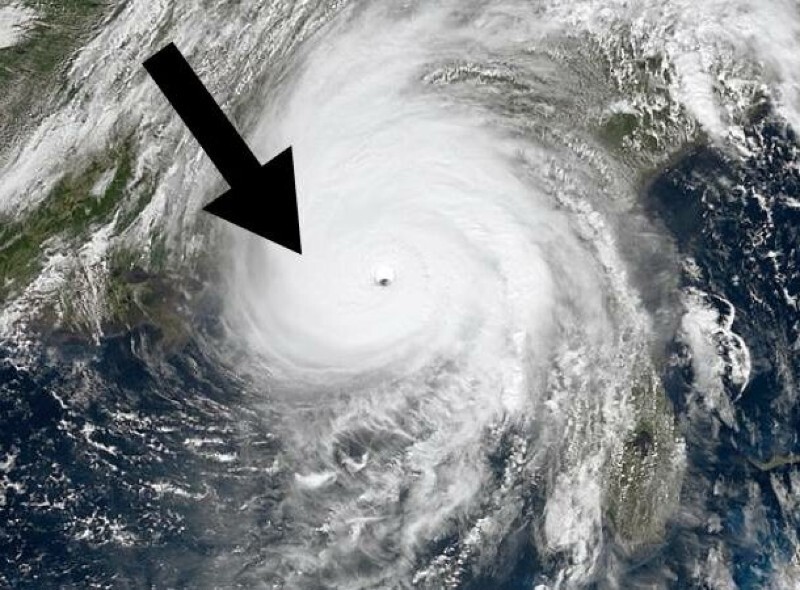
When a hurricane approaches, it is best to be on the left side of its epicenter.
Hurricane Katrina in 2005 was the most "expensive" hurricane of all time. The estimated cost of damage was 108 billion dollars, and some parts of the affected territories still being restored 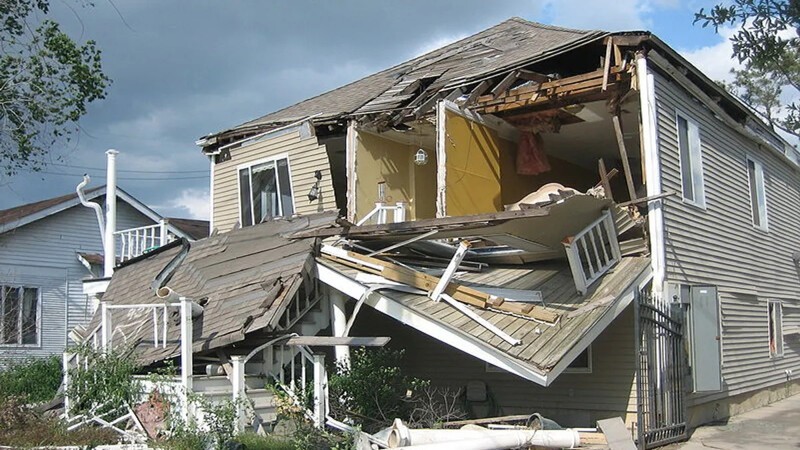
If the hurricane was particularly destructive, its "name" is removed from the lists. 93 names removed so far 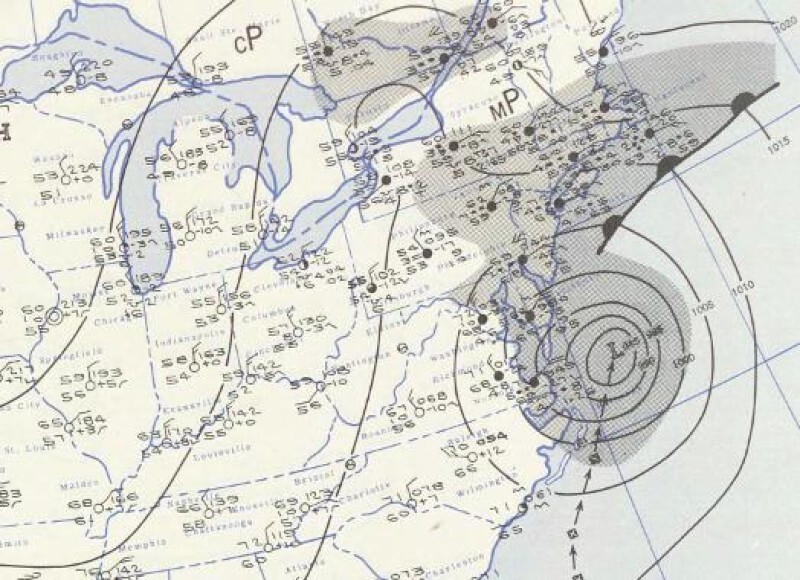
The first name to be removed from the database was "Carol", a hurricane in 1954, causing $460 million in damage and killing 72 human. New member of the list of the departed - Ian.
Most of the victims of hurricanes do not die from debris and another, as often shown in films, but sinks under strong storm waves. Their height reaches 4-5 meters and they can cover about 160 kilometers of coast 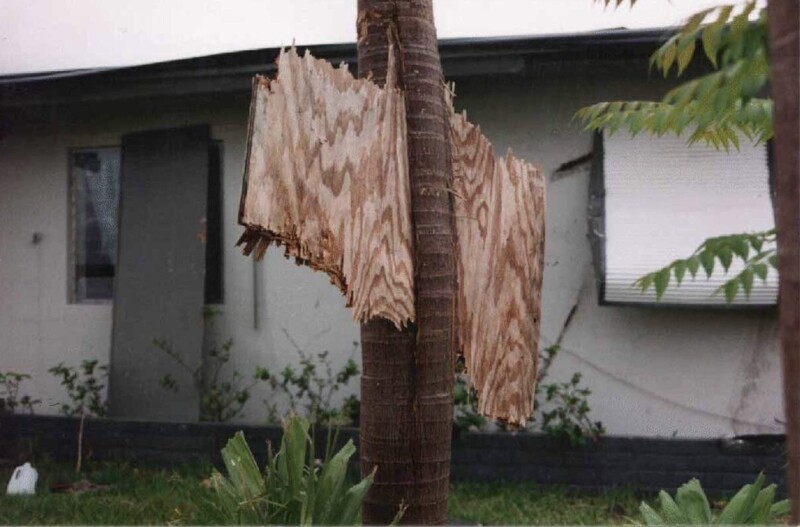
When a hurricane "makes land", it forms a tornado. The average speed of such wind reaches 200 km/h 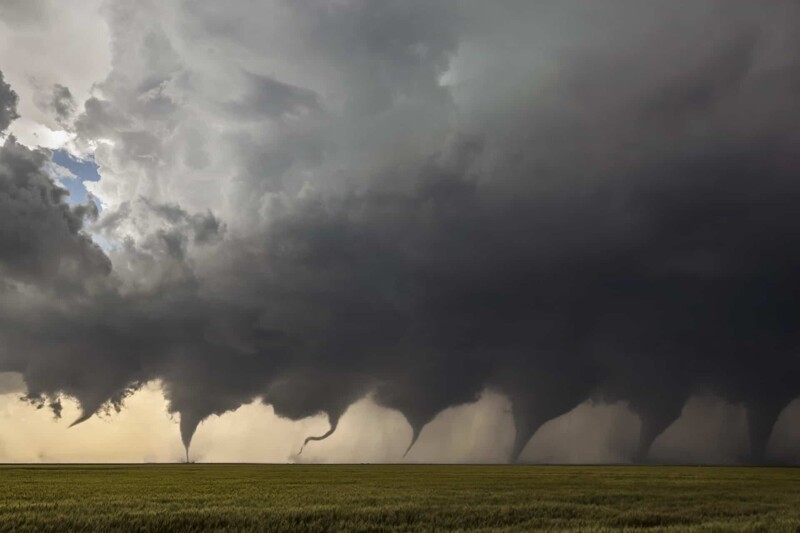
If the National Weather Service notices approaching hurricane, data about it will be updated every 12 hours. When it moves to land, the data is updated every hour 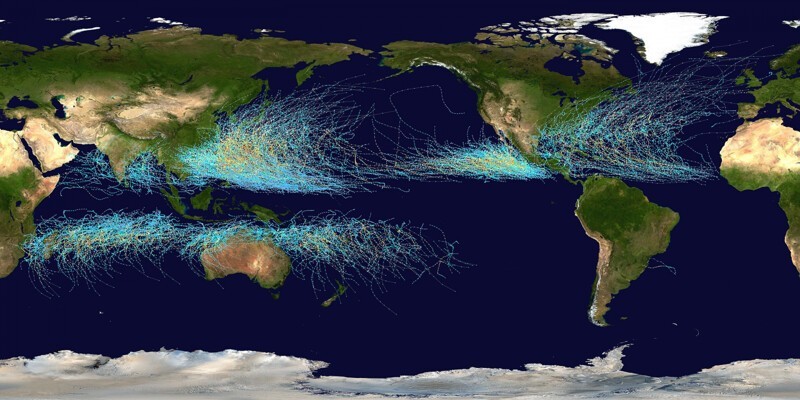
The service uses several computer models to predict the direction of each hurricane.
On average, 10 hurricanes hit each year. True, there were exceptions. There were 19 in 1995 and 28 in 2005 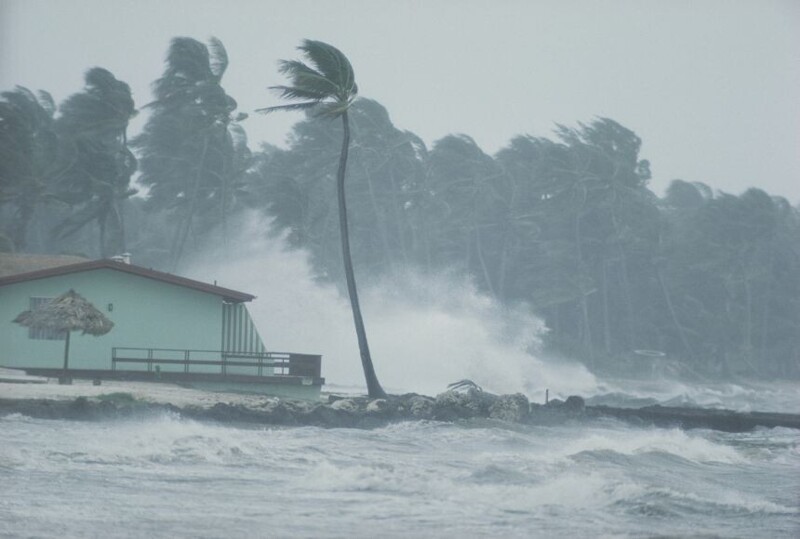
The deadliest hurricane is the Galveston hurricane. that hit Texas in 1900. The wind reached a speed of 214 km per hour, and claimed the lives of about 8,000 people 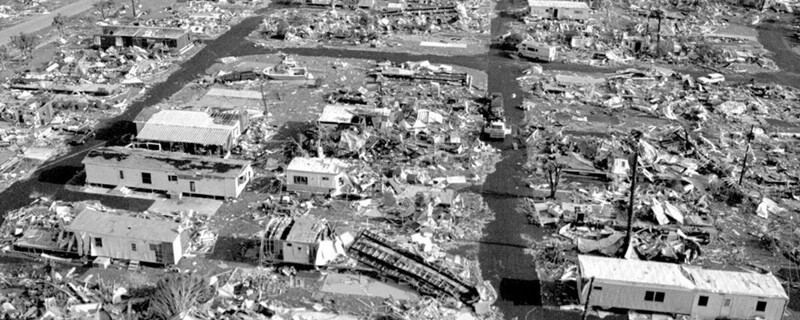
A Category 5 hurricane is the strongest on the Saffir scale. In the United States, for example, only four Category 5 hurricanes have been recorded - in 1935, 1962, 1992 and 2018. None of them broke any records. destructiveness and the number of victims 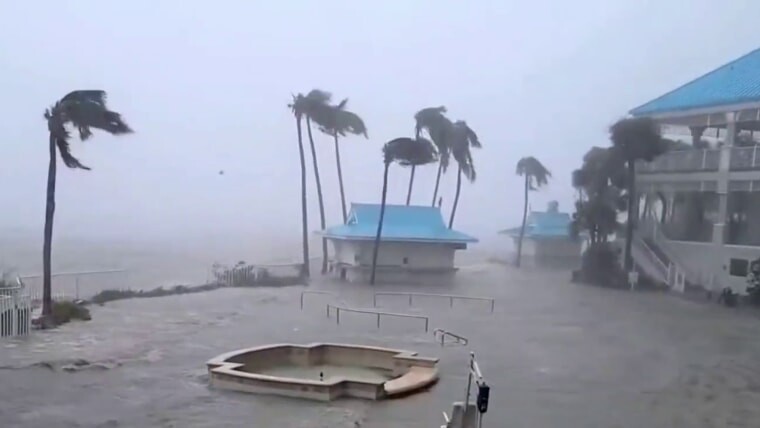
There is a tradition of "hurricane parties" 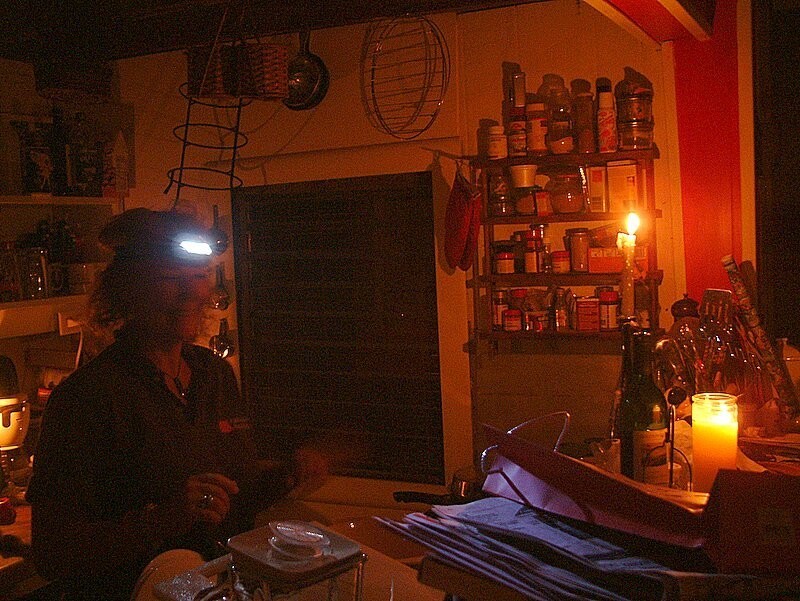
Residents in places like Florida are so accustomed to hurricanes that some no longer comply with all evacuation rules. They stay at home and arrange "hurricane parties" - friendsi get together before hurricane, stock up on goodies and spend time together while outside the window a storm is raging. One local supermarket even sells special "cakes for hurricane parties."
There were cases when two were formed in one place. hurricane. They can even merge into one when they get close enough. to each other 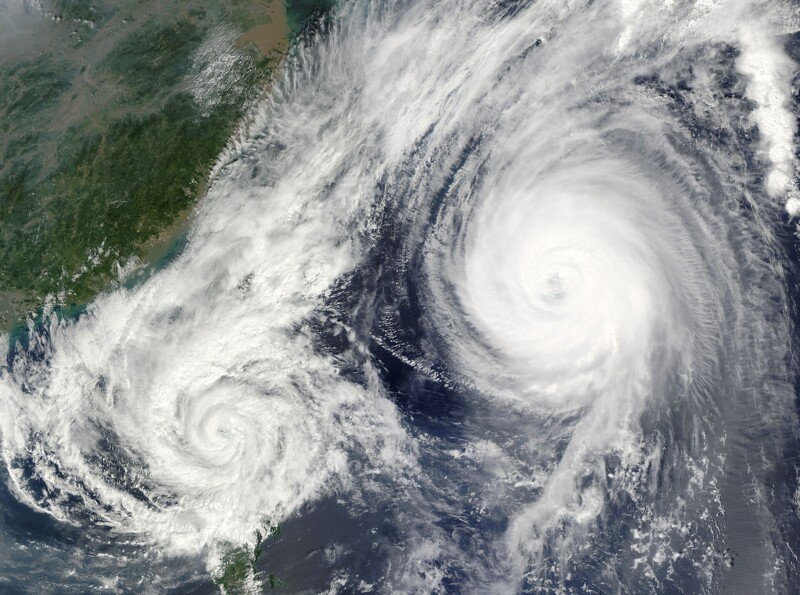
The National Oceanic Administration has a group called the Hurricane Chasers. 
This team consists of trained pilots, meteorologists, scientists and crew members. They get to the hurricane on a specially equipped airplane, watching how it moves, studying thunderstorms, winds, indicators, and doing different research.
The word "hurricane" comes from the Spanish huracán, borrowed from the Arawakan language. It denoted the name of the Mayan wind deities Huracan (from Jun Raqan, "one-legged") 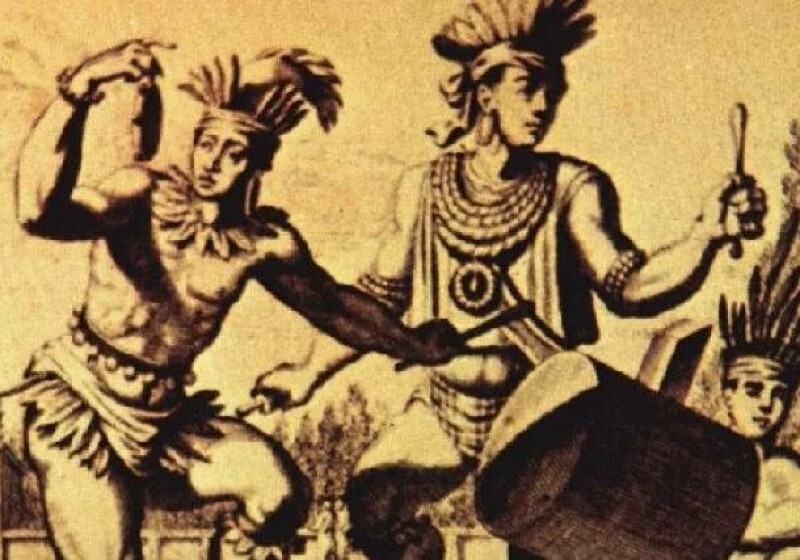
Before the "second wave" of the hurricane, the wind may unexpectedly subside, the sea becomes calm for a while, and the rain stops. This is also called the "eye of the storm" - an area of clearing and calm weather at the center of the hurricane 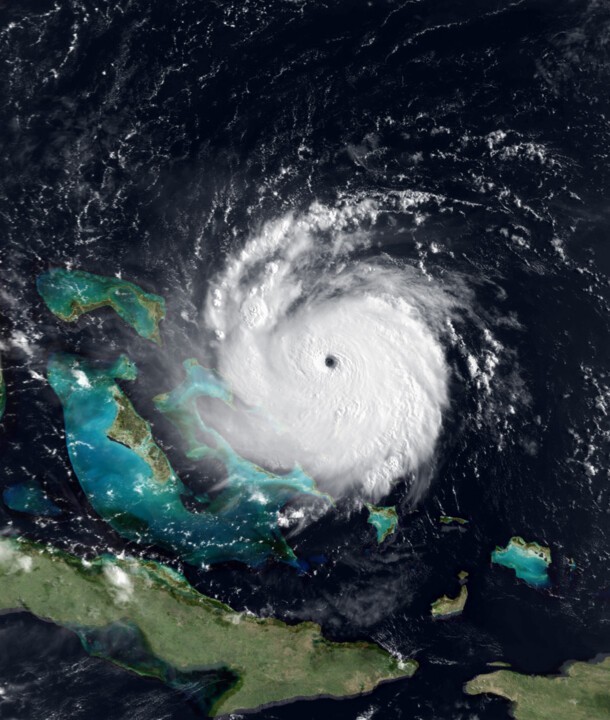
Hurricanes rage even on Jupiter. big red spot which is seen on the giant is a powerful hurricane-anticyclone, where the wind is moving at a speed of 430 km/h 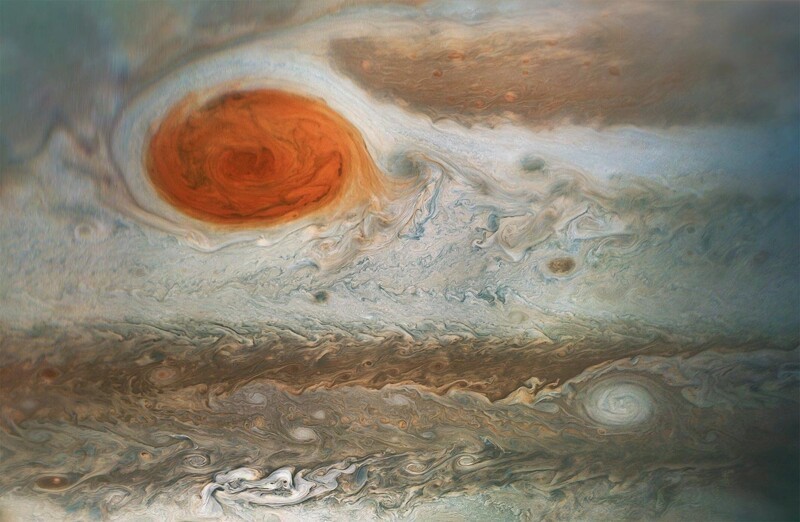
According to some scientists, it can rage on Jupiter for at least 357 years.
Forecasters warn people of an approaching hurricane show in the media the so-called "cone of uncertainty". Dot marked hurricane formation area, and then - the area in which the element should run away soon 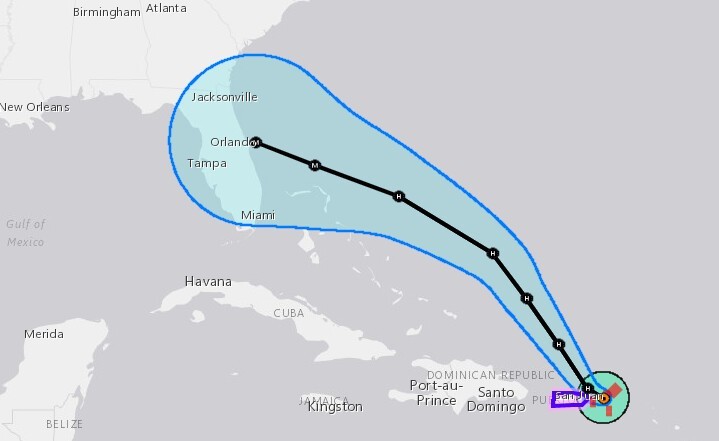
The most likely trajectory is the center line. Many It is mistakenly believed that the dimensions of the cone coincide with the dimensions of the hurricane.





















